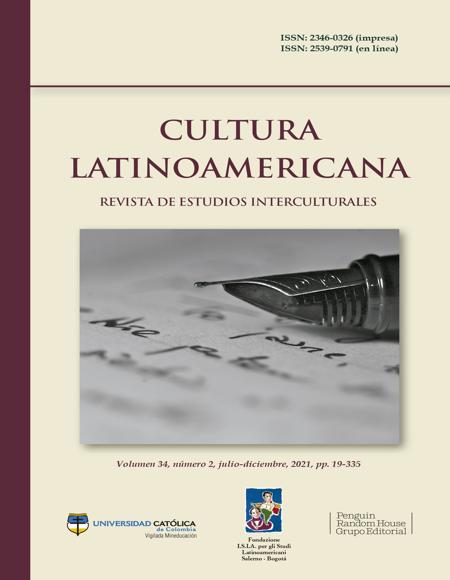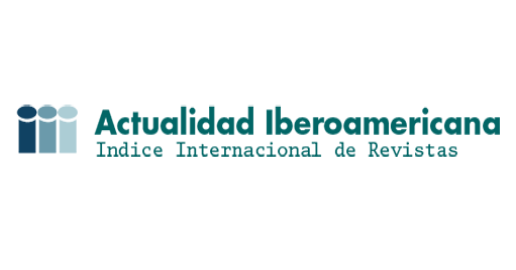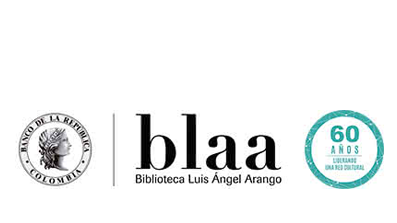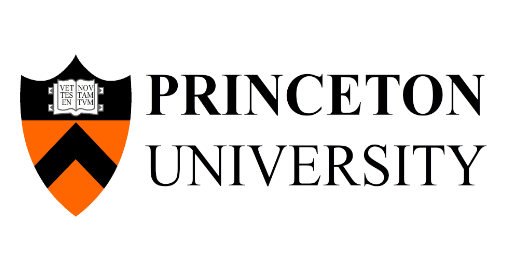
Esta obra está bajo una licencia internacional Creative Commons Atribución-NoComercial-CompartirIgual 4.0.
Al enviar los artículos para su evaluación, los autores aceptan que transfieren los derechos de publicación a Cultura Latinoamericana. Revista de Estudios Interculturales para su publicación en cualquier medio. Con el fin de aumentar su visibilidad, los documentos se envían a bases de datos y sistemas de indización, así mismo pueden ser consultados en la página web de la Revista
Resumen
This article aims to offer an exploration into Peronism within a historical political framework in order to analyse and deepen the relationship between the construction of national sovereignty and the so-called “cuestión
de la lengua”. In turn, diachronically, two main lines of thought will be
highlighted: an initial one, characterised essentially by the “discurso hispanista” and another —developed around 1952— in which an Argentine
linguistic autonomy is claimed, detached from the Spanish heritage and
more inclined, instead, towards a Latin American political-cultural unity.
Within this analysis, apart from the indoctrination found in the normative provisions of Peronism and the modelling of consciences through
the educational system, this paper aims to return to the “cuestión de la
lengua” in order to situate the dichotomous peculiarity of this political
movement, and the importance of the policies used to construct the cultural framework and the socio-political meanings.
Palabras clave



























